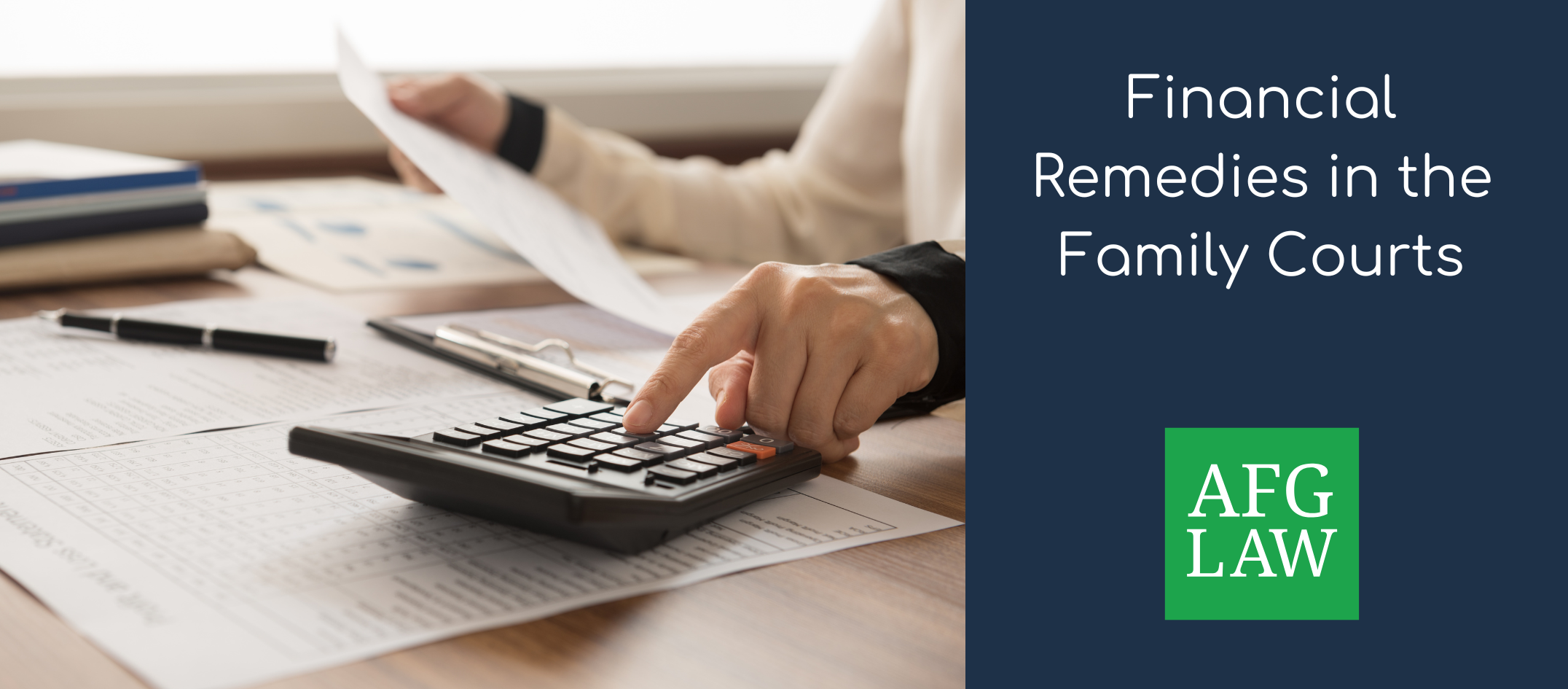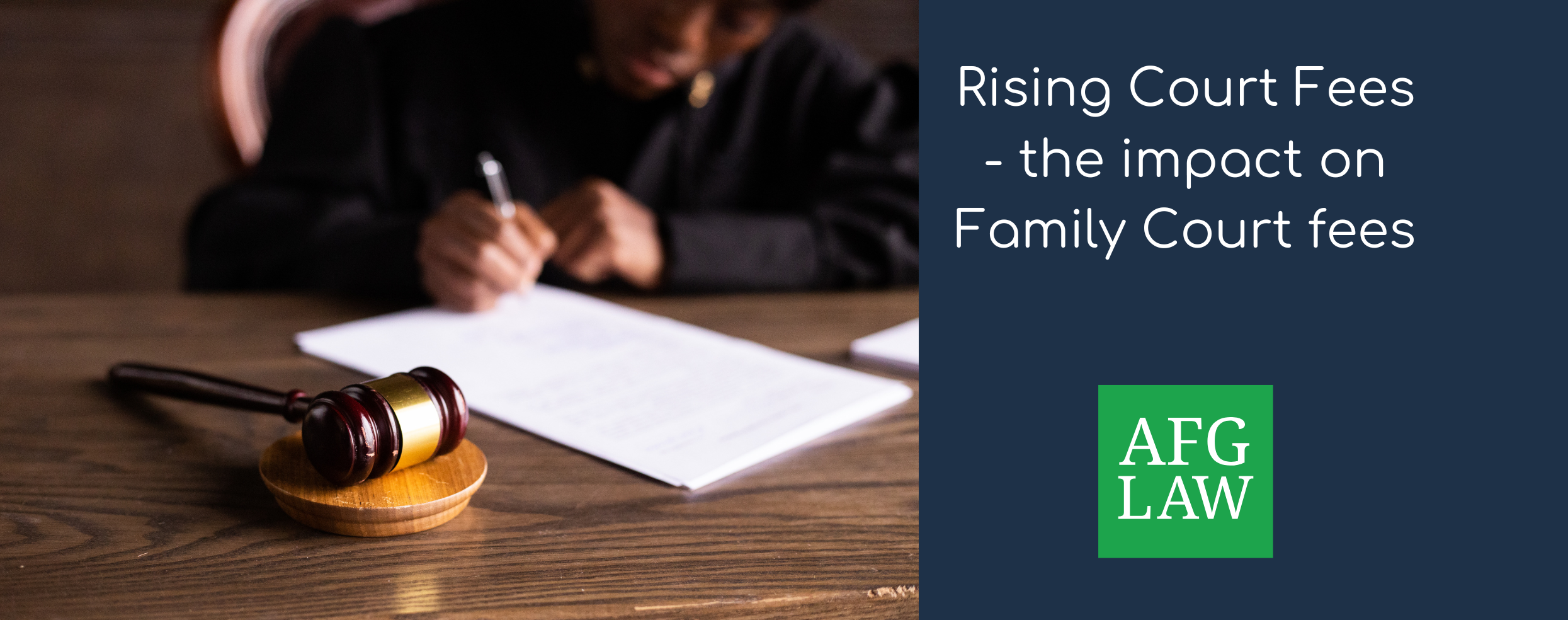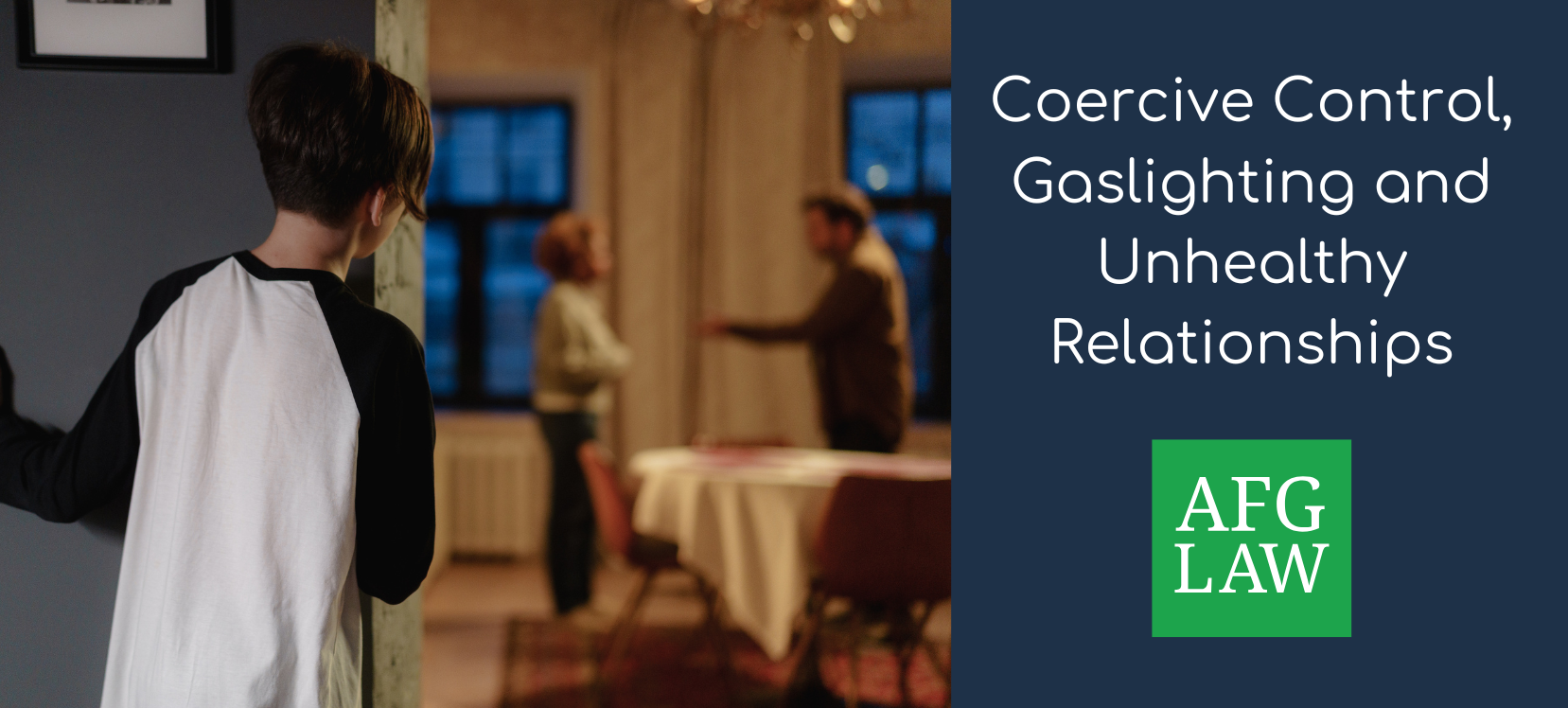Post-nuptial agreements are not as well known as pre-nuptial agreements but, if you are married and want to record the agreement reached between you and your spouse about what should happen in the event of the marriage breaking down, our family law solicitors can help. This is a complicated area of law and it is important that each spouse has independent legal advice.
Why do married couples get post-nuptial agreements?
A couple who are already married or in a civil partnership may decide to enter into an agreement that shows what they intend to happen to their money and property if their marriage or civil partnership were to end. This may be because they did not enter into a pre-nuptial agreement before getting married, or there has been a separation followed by a reconciliation. The legal rules about these agreements come from the usual laws that apply to divorce, and also a decision of the Supreme Court in 2010 (Radmacher v Granatino) where the court said: ‘The court should give effect to a nuptial agreement that is freely entered into by each party with a full appreciation of its implications unless in the circumstances prevailing it would not be fair to hold the parties to their agreement’.
A separating couple may make an agreement on financial matters if they do not yet wish to divorce: this type of post-nuptial agreement is called a separation agreement.
Why enter into a post-nuptial agreement?
Everyone has their own reasons for entering into a post-nuptial agreement. It may be that you and your spouse simply like to be as organised as possible with your finances. It is important to make it clear that entering into a post-nuptial agreement does not mean you have decided to get divorced. A post-nuptial agreement might be beneficial where:
- one of you has substantially greater capital or income than the other
- one or both of you wishes to protect assets you owned prior to the marriage, including inheritances or family trusts
- it would be beneficial to define what is considered to be ‘matrimonial property’ or ‘non-matrimonial property’, for example in relation to business assets owned by one of you
- one or both of you has children from a previous marriage or relationship, and wishes to protect assets for the purposes of inheritance planning
- one or both of you has a connection with, or property in, another jurisdiction
Are post-nuptial agreements binding on the court?
In England and Wales post-nuptial agreements are not absolutely binding in the event of a later divorce, but the terms of a post-nuptial agreement may be persuasive for a court in the event of a dispute unless the effect of the agreement would be unfair. It is not possible in England and Wales to have a fully binding marital or civil partnership agreement about what will happen on divorce or dissolution. It is possible that the court might uphold part of an agreement while considering a different part to have an unfair effect.
How can you ensure a postnuptial agreement won’t be considered unfair in the future?
To ensure that a court will consider an agreement is fair during any future court proceedings, both spouses will need to enter into full financial disclosure and take independent legal advice on the agreement and its effects. Our solicitors can help negotiate an agreement or can draft the terms of the agreement on your instructions.
Agreements are generally more likely to be considered fair if they are recent, or if circumstances have not changed since the agreement was entered into, and if both people knew exactly what they were agreeing to when the agreement was made, without undue pressure being applied. For this reason, properly negotiated post-nuptial agreements are most likely to be upheld by the court on divorce. It is common to build in provision for the agreement to be reviewed, either after a period of time has elapsed or when a specified ‘trigger’ event occurs, for example the birth of a child.
Even though post-nuptial agreements are not always binding, you should not enter into a post-nuptial agreement unless you intend to be bound by the terms of that agreement.
What will make a post-nuptial agreement more likely to be followed by a court?
The courts have indicated that in order for an agreement to be considered fair, the following will be taken into account:
- whether both parties to the agreement had independent legal advice before entering into it
- whether there was full financial disclosure—this has generally been interpreted as both parties having sufficient information to make an informed decision on whether to enter into the agreement with a full understanding of its implications
- whether the terms of the agreement are substantially fair, i.e. does the agreement provide for each of your basic needs to be met in the event of a divorce?
- that neither party felt pressurised by the other party to enter into the agreement, i.e. that there was no undue influence or duress
- whether there was any fraud or misrepresentation by a party in relation to the agreement, and
- whether legal contractual requirements were followed when the agreement was entered into
What can a post-nuptial agreement include?
A post-nuptial agreement is a bespoke document drawn up for the two of you for your particular circumstances, so it can cover almost anything you want it to although your solicitor will be able to advise you as to what types of provision are likely to be enforceable, and the focus of the agreement will be on finances and property. There are certain things that couples usually think about when deciding how they would like to arrange their finances in the event of a separation or divorce:
- what would happen to property either of you brought into the marriage?
- what would happen to the family home?
- what would happen to any property given to you or inherited during the marriage, or any income or assets derived from trusts?
- what would happen to money held in joint accounts and any property purchased jointly?
- what would happen to any personal belongings or possessions owned before your marriage, or acquired during the marriage?
- what would happen to any saved money earned during the marriage?
- what would happen to your pensions?
- how would you deal with any debts?
- would either of you pay or receive any maintenance and, if so, for how long?
- what kinds of events might require the agreement to be reviewed?
- whether you wish the agreement to be confidential, i.e. that neither of you may disclose all of part of the agreement (save for the purpose of taking legal advice) to a third party or to the press?
- what kinds of arrangements would you like to make for any children you have, or are likely to have, both in financial and in practical terms?
- what arrangements you wish to make if either of you should die during the marriage, and whether you intend to enter into a Will to make provision for each other in the event of death?
- who will pay the costs regarding preparation of the agreement?
A post-nuptial agreement cannot provide that the court will not be able to consider financial issues (‘have jurisdiction’) in relation to the marriage, as that would be contrary to ‘public policy’. Neither party can therefore agree that they will not make an application for financial provision from the court. In particular, it is not possible to make an agreement restricting any financial provision for children.
What happens if we have children after the agreement?
An agreement between adults cannot prejudice the interests of any children in your family. It is usual to build in provision for a review of the agreement so that if you have children, the children’s needs can be considered and assessed at that time, with possible changes made to any expectations of the adults.
In the event of a divorce, if the court is asked to intervene in financial arrangements its first consideration is always any children involved. If the court considers that an agreement made by the adults may adversely affect their children, for example, by restricting any expectations of a lifestyle they would otherwise have had without the agreement, it is likely to consider that it is not fair to uphold the agreement in the circumstances. It is not possible to contract out of giving financial support to or for a child.
What are the advantages and disadvantages of a post-nuptial agreement?
A post-nuptial agreement can give more certainty as to financial arrangements in the event that you divorce, provided the agreement is entered into in accordance with the suggested steps as to legal advice and disclosure, and represents a fair arrangement for both parties. It can be an effective way to protect assets that you may have had prior to the marriage, particularly if you, for example, wish to protect assets for the purpose of an inheritance for any children of a prior marriage or relationship.
However, because the court will always have jurisdiction in the event of a divorce, entering into a post-nuptial agreement can sometimes provide a false sense of security. If there is a divorce and one of you no longer wishes to proceed in accordance with the terms of the post-nuptial agreement, the issues may need to be determined by the court- although where the court considers the terms of the post-nuptial agreement to be ‘fair’, it may make an order reflecting the terms of the agreement. You should not enter into a postnuptial agreement if you don’t intend to be bound by it.
There is little advantage in agreeing terms that will be unfair to one party, particularly if that party has been placed under pressure to agree those unfair terms, hasn’t had independent legal advice or does not have sufficient information (financial disclosure) to make an informed decision on whether to enter into the agreement. In those circumstances the court would be unlikely to consider the agreement to be ‘fair’, although there have been cases where all of the recommended steps have not been followed but a post-nuptial agreement has still been upheld by the court.
Circumstances can change, and in the event of a dispute the court will look at your circumstances as they are at the time the agreement is being considered by the court. What may have been fair at the time of the agreement might not be considered fair if your or your spouse’s circumstances have changed significantly, for example you have had children and one of you has a reduced earning capacity, or one of you has suffered ill health, and the agreement has not provided for those changes either in its original form or by an amended agreement. For this reason, it is sensible to include provision in the agreement for there to be either regular reviews, or reviews in the event of certain events occurring.
What will happen if one party no longer wishes to be bound by the terms of a post-nuptial agreement?
If, in the event of a divorce, one of you no longer wishes to be bound by the post-nuptial agreement, but the other person does, that person may make an application to the court for the other party to explain why an order should not be made in the terms of the agreement. Whether the court will uphold the agreement will depend on the factors detailed above, but it is for this reason also that you should not enter into a post-nuptial agreement unless you intend to be bound by the terms of that agreement.
For further information about postnuptial agreements our family law specialists at AFG LAW can give specific and factual advice to help you.
Or contact us directly:
Email: familysolicitor@afglaw.co.uk
Call: 01204 920103









































